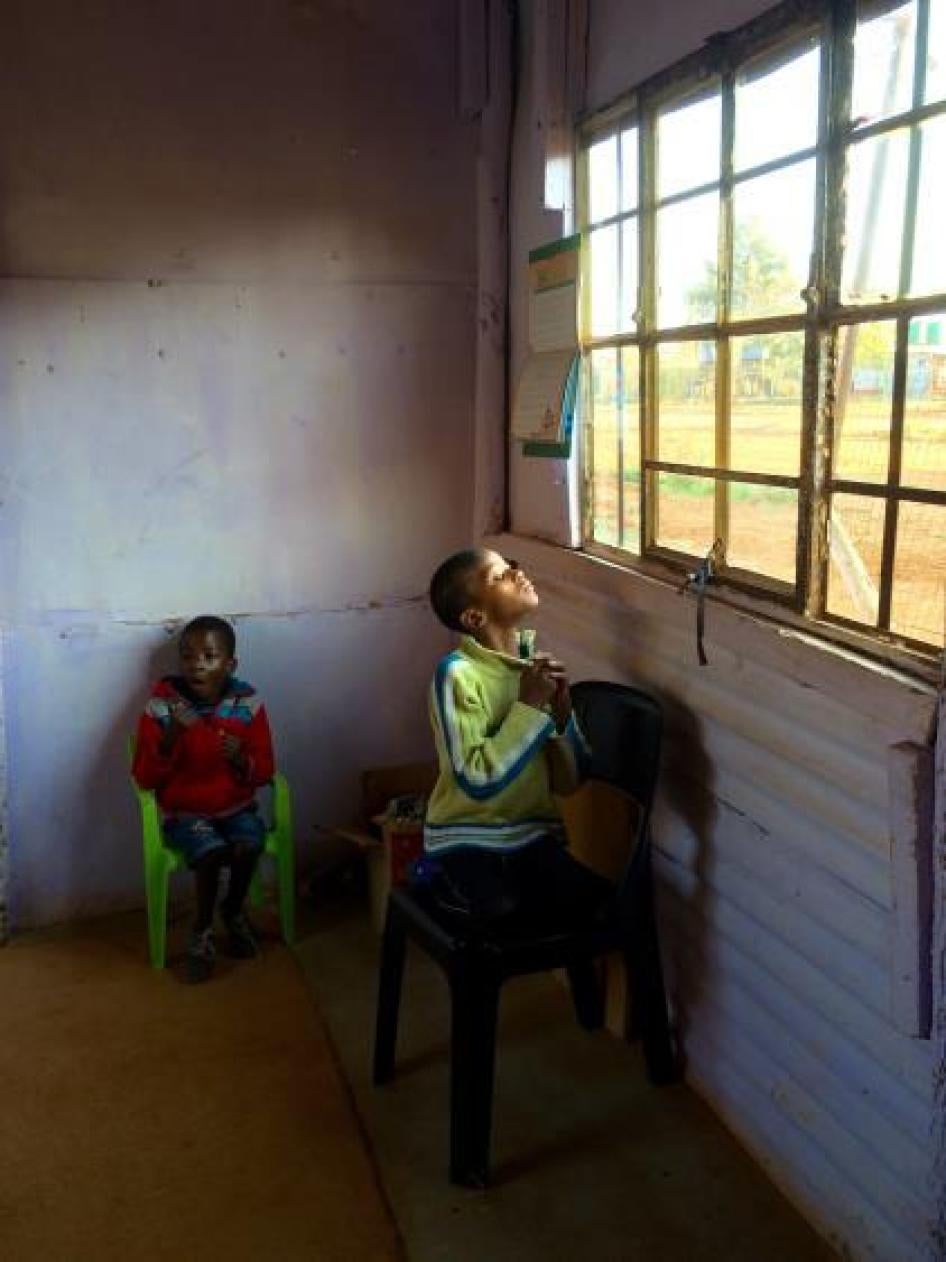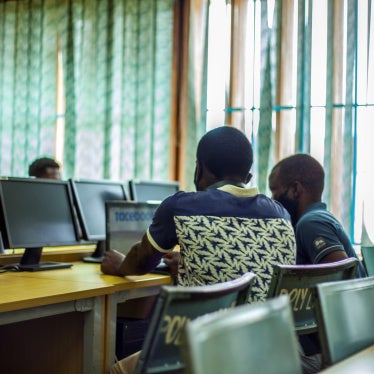Johannesburg - Qinisela, an 8-year-old South African boy with Down Syndrome, has never attended a day of school. The mainstream school near his house wouldn’t admit him, saying it couldn’t teach him like other children.
Qinisela has been waiting for almost two years for a placement in a special school, so he spends his days at home, excluded from learning the basic skills he needs to become an independent citizen.
More than 500 000 children did not turn up at school in South Africa today. They didn’t go to school yesterday either. And unless the government starts trying to find them and ensure there are schools for them to attend, they won’t be at school tomorrow, next week, or next year either.
These, like Qinisela, are South Africa’s children with disabilities.
The government appears to have lost track of these children well before the beginning of this year, when it nonetheless claimed that it had successfully achieved the UN Millennium Development Goal of enrolling all children in primary school by 2015. In fact, the government seems to have misplaced these children at least as early as 2001 when, recognising the discrimination children with disabilities faced during apartheid, it developed a policy that guaranteed access to education for all children with disabilities.
The plan it set for itself was good and progressive, with the government sending a clear message that having all children learn together, in the same inclusive classrooms, would be beneficial to all children, and to South Africa.
But it was also built on a fatal flaw, with the government saying then that about 280 000 children with disabilities were out of school, even though independent groups that work with people with disabilities gave a much higher estimate.
Without an accurate count, provinces have not devoted adequate resources to enrol children with disabilities or have not even been able to establish whether outreach efforts have been working, much less provide the additional resources the children would need once they got there. It meant that no one at the highest provincial and national levels would be held accountable for failing to deliver on the plan.
A new report by Human Rights Watch shows that the South African authorities are failing children with disabilities. In the hundreds of thousands, they are left out of schools or receive poor quality education.
Human Rights Watch found that many children with disabilities were denied admission in their community’s mainstream schools – even though they were entitled to enrol in them, just like any other child.
Instead, they were referred to special schools, often far from their homes, which had long waiting lists. That meant that children with disabilities could be forced to wait up to four years before they even entered a classroom, assuming their parents could afford the extra costs of transport and fees the schools imposed.
And even when school systems allowed children with disabilities to enter mainstream schools, the schools often did not have the resources, staff or training to help children with disabilities keep up and participate, so many dropped out or did not learn what any child should learn in school.
Fourteen years after the government announced its plan to get all children with disabilities into school, how many more children like Qinisela are there?
The government appears either unable to find out, or unwilling to say.
We found official estimates that ranged from 30 000 to nearly 600 000.
It’s high time that the government levelled with its citizens and admitted how many of its children it was failing.
Children with disabilities need to be lifted from their invisibility, in data and schools, and be able to exercise their equal right to an education. But the numbers are only the beginning. The government also needs to address the wide disparities in carrying out its policy and ensure that all of its provinces feel legally bound to guarantee inclusive education to all children waiting to go to school.
It needs to consider how it is spending limited resources for learners with disabilities, redirecting the bulk of its funds from new plans to build more special schools to ensuring that mainstream schools have what they need to provide a decent education, and accommodate all of South Africa’s pupils; just like what it said in 2001.
In May, a governmental unit in charge of disabilities announced: “There is consensus that we have a long way to go, and that improvements in providing education for all children of compulsory school-going age has been too slow.”
If only South Africa’s leaders could join the consensus, be as frank as some of its experts and accept that business as usual is leaving hundreds of thousands of children out in the cold.









